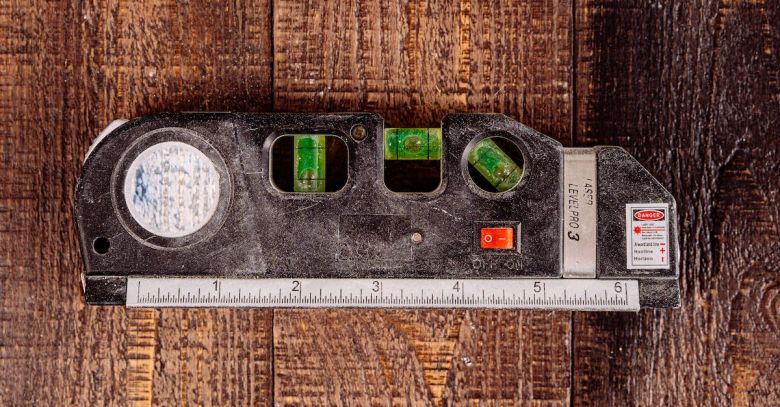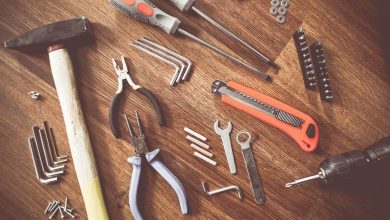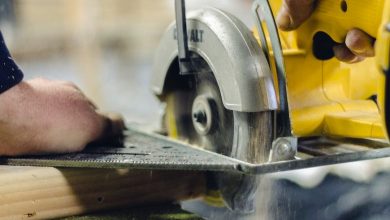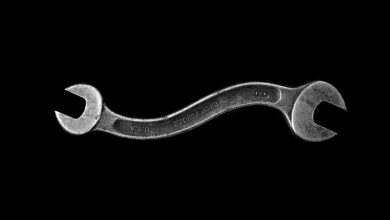Looking at Laser Measurement Tools

When it comes to precision and accuracy, laser measurement tools are a game-changer in various industries. These devices, powered by laser technology, have revolutionized the way measurements are taken and have made tasks more efficient and reliable. In this article, we will explore the different types of laser measurement tools and their applications in different fields.
The Basics of Laser Measurement Tools
Before diving into the specifics, it’s important to understand the basic principles behind laser measurement tools. These tools use laser beams to measure distances, angles, and other dimensions. The laser beam emitted from the device reflects off the target and is then detected by a sensor. By calculating the time it takes for the laser beam to travel to the target and back, the device can accurately determine the distance.
Types of Laser Measurement Tools
1. Laser Distance Meters:
Laser distance meters are perhaps the most common type of laser measurement tool. These handheld devices are used to measure distances with incredible precision. They are widely used in construction, architecture, and interior design for measuring room dimensions, checking distances between objects, and calculating area and volume.
2. Laser Levels:
Laser levels are essential tools for anyone involved in construction or DIY projects. These devices project a laser beam onto a surface, creating a perfectly straight reference line. This enables precise alignment and leveling of objects such as shelves, cabinets, and tiles. Some advanced laser levels can even project multiple lines at different angles, allowing for more complex measurements.
3. Laser Alignment Tools:
In industries such as manufacturing and engineering, precise alignment is crucial. Laser alignment tools are used to ensure that different components are aligned correctly. These tools come in various forms, including laser alignment systems for shafts and couplings, laser bore sighters for firearms, and laser alignment tools for machine tools. They provide a quick and accurate way to align machinery and improve overall productivity.
4. Laser Measurement Sensors:
Laser measurement sensors are used in a wide range of applications, from robotics and automation to quality control and inspection. These sensors use laser beams to detect the presence, position, or movement of objects. They can measure dimensions, monitor distances, and even detect deviations from desired positions. Laser measurement sensors are highly versatile and can be integrated into various systems and processes.
Applications of Laser Measurement Tools
1. Construction and Architecture:
Laser measurement tools have revolutionized the construction and architecture industries. From measuring distances and angles to creating precise layouts, these tools have made tasks more efficient and accurate. They are used for site surveying, leveling, and verifying dimensions, allowing for better planning and execution of projects.
2. Manufacturing and Engineering:
In manufacturing and engineering, precision is of utmost importance. Laser measurement tools play a crucial role in ensuring accurate alignment, calibration, and quality control. They are used in industries such as automotive, aerospace, and electronics to align machine components, measure tolerances, and inspect finished products.
3. Surveying and Mapping:
Surveyors and cartographers heavily rely on laser measurement tools for accurate mapping and surveying. These tools provide precise measurements of distances, elevations, and angles, allowing for the creation of detailed maps and models. Laser scanning technology has also become popular for capturing 3D data of landscapes and structures.
4. Medical and Scientific Research:
Laser measurement tools have found applications in the medical and scientific research fields. They are used for precise measurements in surgical procedures, laboratory experiments, and biological research. Laser-based imaging systems, such as laser microscopy, have revolutionized the study of cells and tissues.
In conclusion, laser measurement tools have transformed various industries by providing precise and reliable measurements. From construction and engineering to medical research and surveying, these tools have become indispensable for professionals who require accuracy in their work. As technology continues to advance, we can expect even more innovative applications of laser measurement tools in the future.




